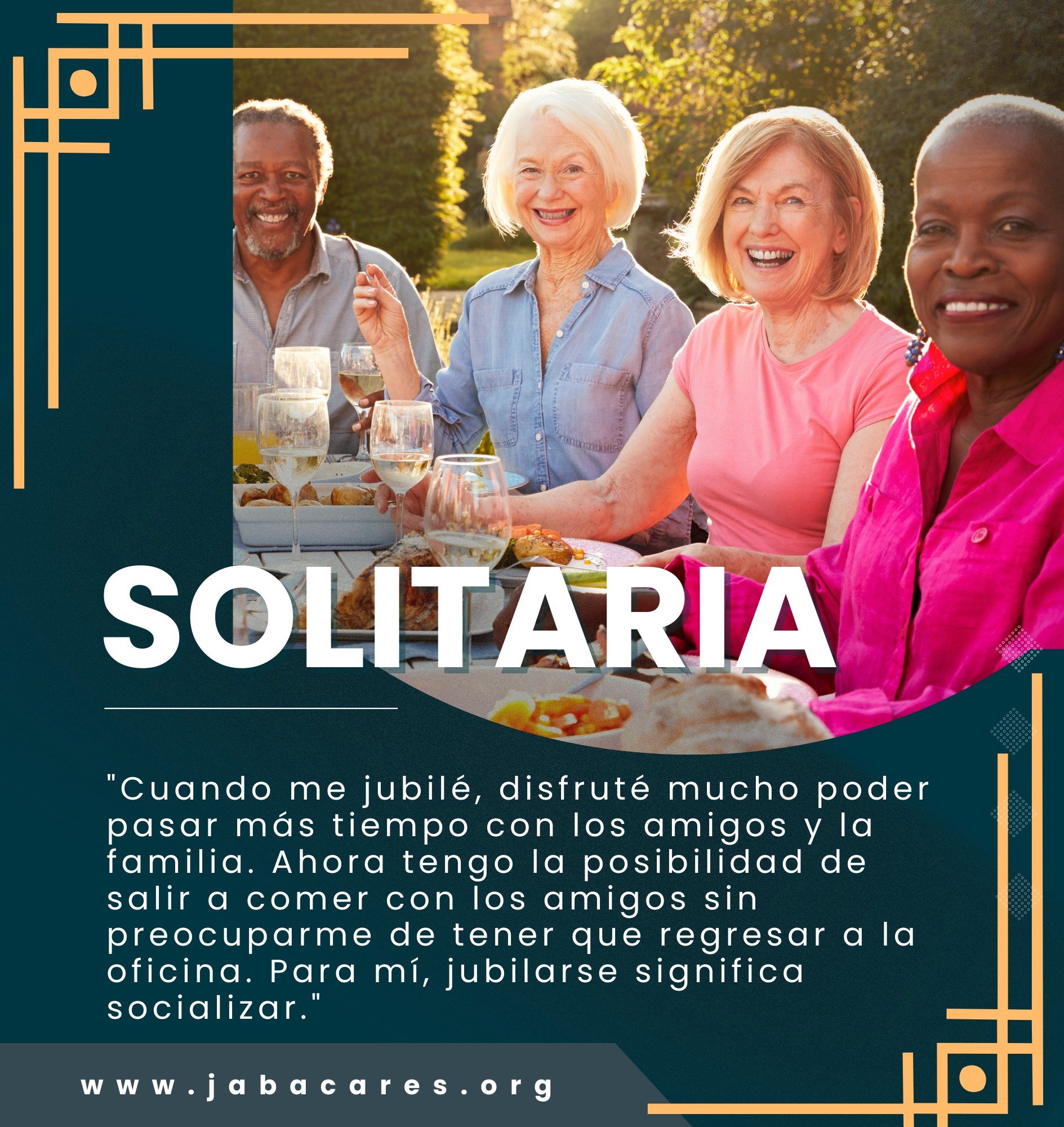When it comes to ageism, we often have no one to blame but ourselves. A good-natured protest against being offered a senior discount, getting an AARP invite in the mail, or a self-deprecating aside about one's age are familiar and curious signals of our discomfort. They might seem innocent enough, but they help reinforce the idea that aging is something meant to be avoided, delayed, or even defied. Which can lead to some pretty delusional thinking. Indeed, when we say someone appears to be "aging backward" it's meant as a compliment, even though we know it's impossible and would likely be a nightmare if it wasn't.
Asked why she titled her new book "Honest Aging: An Insider’s Guide to the Second Half of Life," physician and author Rosanne Leipzig recently told the Washington Post it was because "so much of what’s out there is dishonest, claiming to teach people how to age backward."
"I think it’s time we say, ‘This is it; this is who we are,’ and admit how lucky we are to have all these years of extra time,” said Leipzig.
It's a refreshing idea. Instead of internalizing all the negative messaging about aging, instead of taking a gallows humor approach, why not take a practical look at the situation? For starters, as Leipzig alludes to, greater life expectancy is allowing more people to live longer. Something we should be celebrating. As a result, aging happens over a longer period and isn't the same experience for everyone.
“Predictable changes occur, but not necessarily at the same time or in the same sequence,” said Leipzig. “There’s no more heterogeneous a group than older people.”
What's more, Leipzig argues, a better understanding of the changes that occur as we age, and what we can do to adapt to those changes, can "help people understand that there are lots of things that you can do to adapt to your new normal as you age and have an enjoyable, engaged, meaningful life.”
For instance, understanding that your symptoms of an illness can change, that your body reacts to medications differently, or that energy levels, sleep patterns, eyesight and hearing strength, and muscle flexibility can all change as you age doesn't have to lead to frustration and despair. It simply means paying closer attention to your health, seeking your doctor's advice, eating consciously, staying active, and reducing stress. It means changing your attitude and adapting to your situation.
Of course, that's easier said than done. We know that ageism and negative attitudes about aging are all around us. And that facing one's mortality and the changes our bodies go through can be difficult. But we also know that carrying negative self-perceptions about aging is having a profound impact on our health and health systems. Researchers at Yale found that negative views about aging are associated with all the most expensive health conditions in America - heart disease, lung disease, diabetes, musculoskeletal disorders, and injuries. The estimated cost of ageism, Yale researchers found, was $63 billion per year!
“Never say never,” Leipzig said. “There is almost always something that can be done to improve your situation as you grow older if you’re willing to do it.”
This article originally appeared in C-Ville Weekly. David McNair handles communications, media relations, and social media efforts for JABA.
























